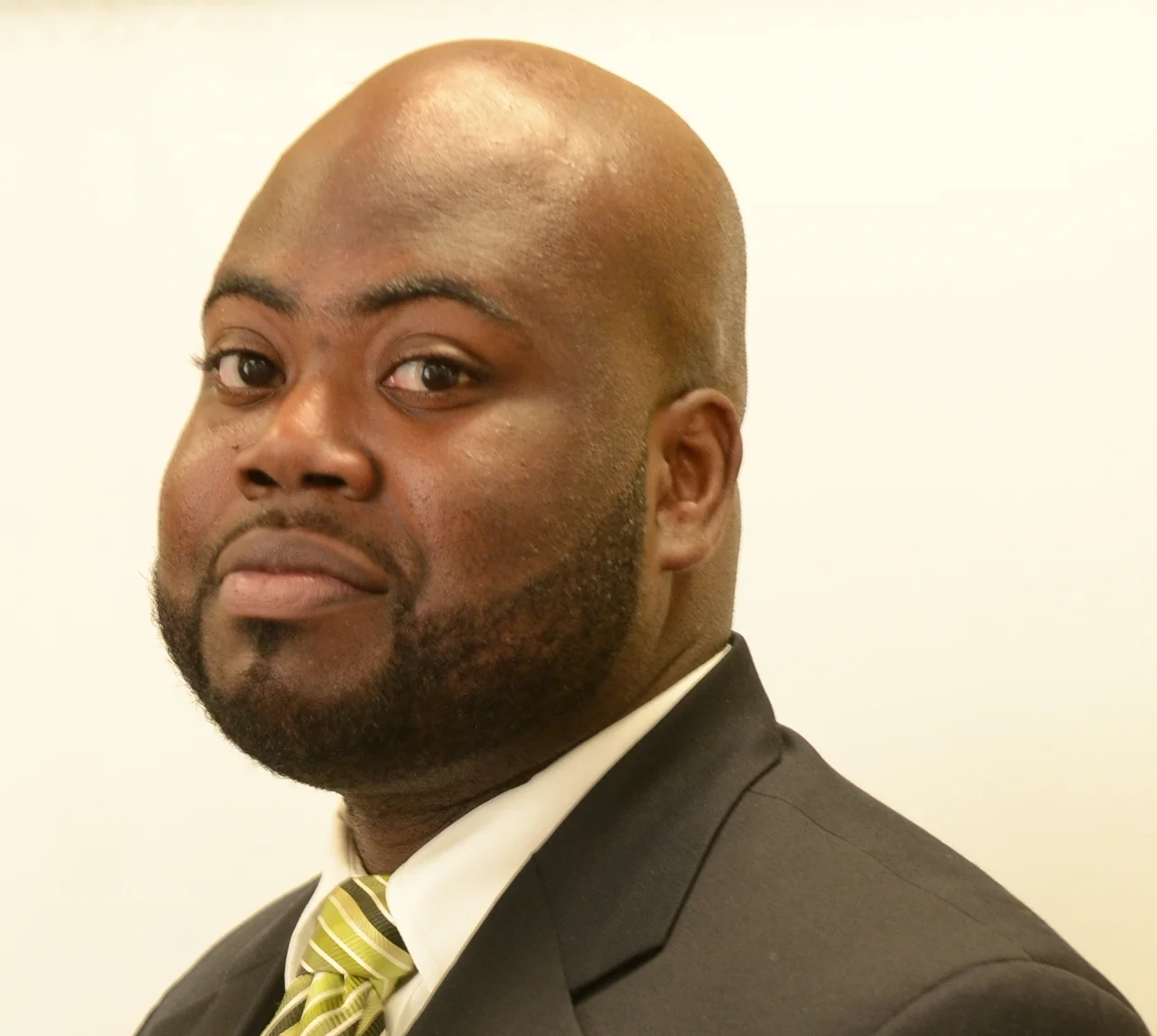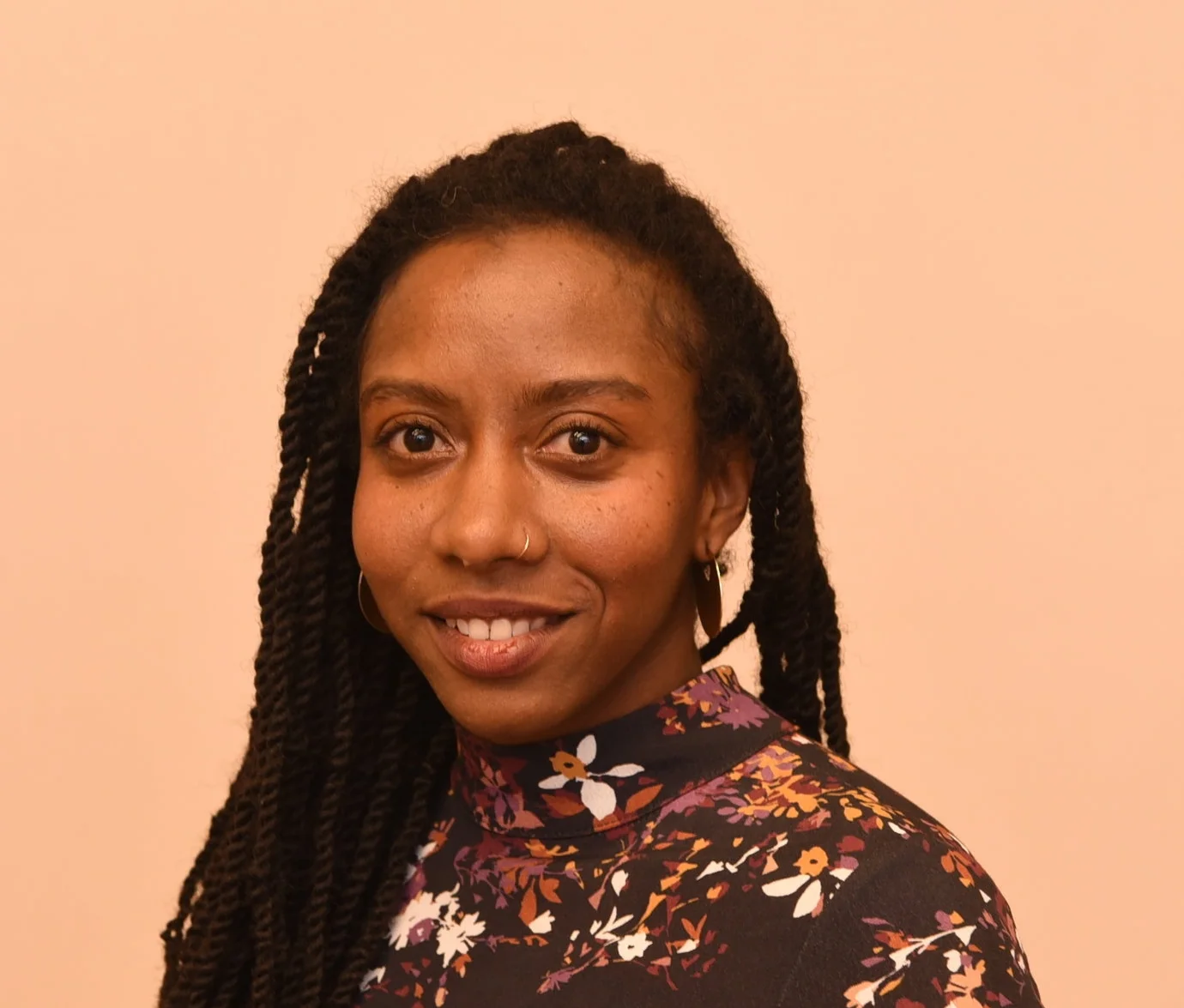Pat Case chosen to deliver on education action plan
July 20, 2017
When the province’s Ministry of Education set up a secretariat last May to build increased capacity and deliver on an education action plan in the next two years, finding someone capable to oversee the project was a priority.
They found that person in Patrick Case who recently helped conduct a review of governance and performance issues within the York Region District School Board (YRDSB) and was a member of the Toronto District School Board’s (TDSB) governance advisory panel appointed in 2015 to consult with the TDSB community and make recommendations to the Minister of Education with respect to possible structural and procedural changes to address the identified ‘culture of fear’ within Canada’s largest school board.
Case joined the Ministry last May 15 as an assistant deputy minister.
He was approached with the job offer shortly after a report into the YRDSB surrounding racism, management and travel spending that he and Sue Herbert co-authored was submitted to Ontario’s Education Minister Mitzie Hunter last April.
“Quite frankly, I couldn’t resist the temptation,” said Case. “I told them I would get back to them in two days, but after speaking to my partner, she said you really don’t need two hours. My son told me the same thing so I phoned back within a couple of hours and said ‘let’s do it’.
“…There is some strategic thinking and action in relation to equality rights and equality seeking groups over the next couple of years. These are initiatives that will help to shift the needle with respect to achievement gaps. The consultation has been done on so many things. There are too many reports supporting change. There is no need for another one or consultations. What we may need is consultation in relation to the implementation of this or that piece.”
Case was at the University of Guelph for 18 years before assuming his new position.
He was the director of the university’s human rights & equity office for 12 years prior to taking up a teaching assignment in the department of political science.
“At the University of Guelph, I was fortunate to work under two presidents (Alastair Summerlee and Franco Vaccarino), both of whom have an unbelievable commitment to equity and human rights,” said Case who graduated from York University’s Osgoode Hall Law School in 1986. “That allowed me to do the work that I did. Over the course of the 12 years I was in the human rights & equity office, I was able to help rebuild the hiring and recruitment systems with good results. When you look at the federal contractors program, we satisfied their compliance requirements quite handily in relation to racialized people, visible minorities and women in the language of the federal government and to some degree in relation to people with disabilities and Aboriginal peoples which are both very difficult groups to recruit from.”
When Case arrived at the university in 1999, the institution was working to make its learning, living and work environments accessible and welcoming.
“It took me a further four years to get the job done which seems like a terribly long time,” the ex- school trustee and Toronto Board of Education equity advisor added. “That process taught me how you have to work to get things done that are sustainable. At the end of the seven-and-a-half years, all of the unions, employees associations and the board of governors signed off on the policy and procedures. During my time there, there wasn’t one grievance against the policy and procedures by any of the unions and associations. Of greater importance is the fact that not one case left the university and went to the human rights tribunal in that time.”
Case, a past co-chair of the Court Challenges Program of Canada equality rights panel, is also proud of the part he played in developing a procurement policy that required the university to seek to buy apparel from non-sweat shop sources.
“That policy took about three-and-a-half years to conclude, but by the time it was done, everybody around the table had agreed on it,” he said. “These processes not only take long, but they also move the people who are around the table to the same place about how to deal with things.”
He said the five years in the classroom were highly fulfilling.
“I learnt a lot because the teaching kept me reading, doing conferences, debating and so on,” said Case who is a member of ‘Facing History and Ourselves’ which is an organization that helps educators globally link the past to moral choices today. “But now, it’s time to get some action done again.”
He is the younger brother of late University of Toronto New College principal Fred Case who passionately pursued equity and diversity.
The former Canadian Race Relations Foundation chair said his sibling, who died nine years ago, was his biggest inspiration.
“When I was growing up in the United Kingdom, Fred, at one point, went to Europe to help build houses for Hungarian refugees after the 1956 uprising,” said Case who is the chair of the Human Rights Legal Support Centre. “I remember the selfless reasons why he did that. Imagine a Black man building houses in Western Europe at that time. Fred was my brother, best friend and father all rolled into one. When I got to Canada and got into a deeper relationship with him, so much of what we talked about had to do with the lack of inclusive education at New College where he worked. My passion for equity and social justice definitely came from him.”
Nine days after the education equity secretariat was launched, Case was awarded the Law Society Medal for his extraordinary leadership in advocating for social justice in the areas of equity and racism.
As Ontario’s Human Rights Commission commissioner from 2006 to 2010, he helped to build a more accessible and responsive agency. He was also the driving force in the campaign to reform the province’s human rights legislation and enforcement system.
Called to the Bar in 1988, Case is an adjunct professor at Osgoode Hall Law School and the director of the school’s human rights certificate program.
His son, Bam Case, is a Toronto Transit Commission senior adviser and his daughter, Sarah Mason-Case, is a doctoral candidate and 2017 Pierre Elliott Trudeau Foundation scholar.






